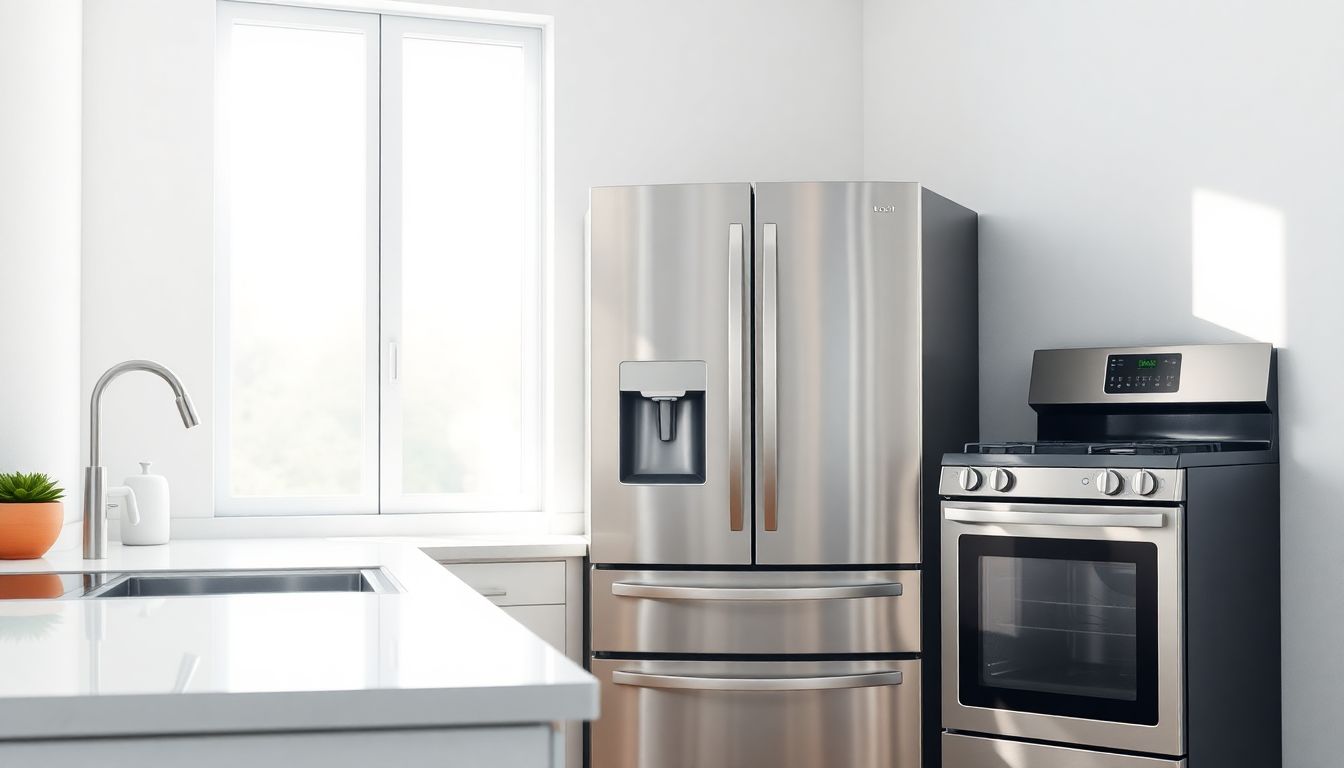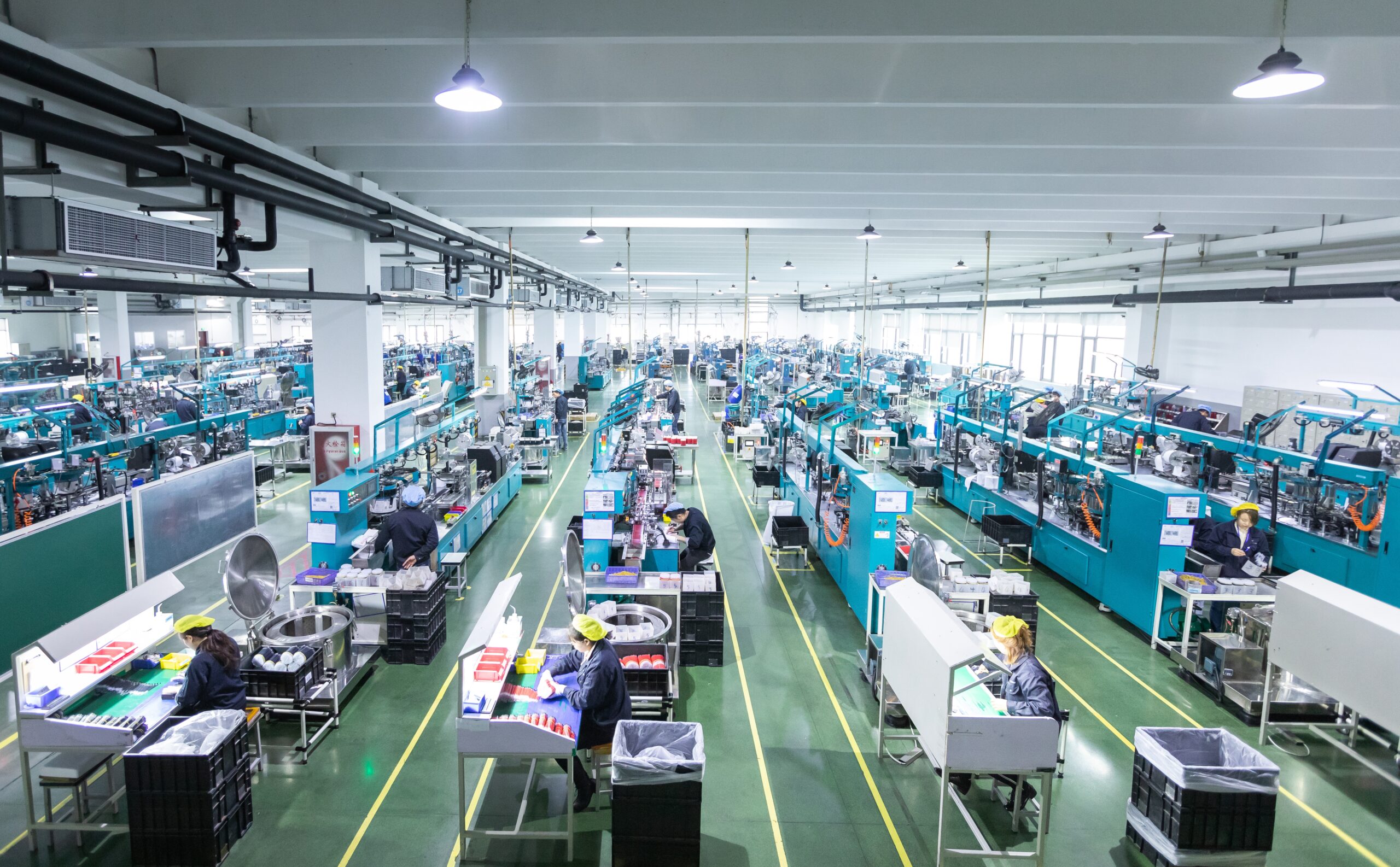Blog
How to Save Money with Energy-Efficient Home Appliances

Are you feeling the pinch as energy costs rise? It’s getting harder and harder for families to manage their money. You can take control by making small, effective changes. Energy-efficient appliances can help lower how much power you use.
These appliances use less energy. As a result, you save money and help the planet. Investing in better appliances is a smart move that pays off for years to come.
Understanding Energy Efficiency Ratings
Energy efficiency ratings tell you how well an appliance uses power. This helps you see how much it will cost to run. It’s important to get this, so you can make good buying decisions.
What is the Energy Star Program?
The Energy Star program is run by the government. It shows you which products save energy. Appliances with the Energy Star label meet specific rules. This label helps you find appliances that use less power and save you money. Look for Energy Star when shopping.
Other programs offer similar information. Check for labels like EnergyGuide too.
Interpreting Energy Labels and Ratings
Energy labels offer details about an appliance’s energy use. The EnergyGuide label shows how much energy an appliance uses in a year. It also lets you compare different models. Key numbers include annual energy consumption, EER, and SEER. These show how efficient the appliance is. Understanding these numbers helps you choose wisely.
Choosing the Right Energy-Efficient Appliances
Picking the right appliances makes a big difference. Here are some tips for different types of appliances.
Refrigerators
Look for fridges with adaptive defrost. These only defrost when needed. Good door seals also keep cold air in. Compressor types matter too. Some compressors use less energy. Choosing the right size is crucial. A bigger fridge than you need wastes energy.
Washing Machines and Dryers
High-efficiency (HE) washers use less water and energy. Moisture sensors in dryers prevent over-drying. This saves energy. Front-load washers usually use less water than top-load washers.
Dishwashers
Dishwashers with soil sensors adjust the wash cycle. Water filtration systems clean the water better, so you can use less. Energy-saving wash cycles also help. Load the dishwasher correctly to clean dishes well without wasting water and energy.
Maximizing Energy Savings with Existing Appliances
You can save energy even without buying new appliances. Simple changes make a difference.
Best Practices for Refrigerator Use
Keep your fridge at the right temperature. Don’t set it too cold. Defrost it regularly if it isn’t frost-free. Store food properly to keep it fresh. Place your fridge away from heat sources. This helps it run more efficiently.
Efficient Laundry Habits
Wash full loads whenever possible. Use cold water; it cleans well and saves energy. Air-dry clothes when you can. It’s free! Clean and maintain your washer and dryer. This keeps them working their best.
Dishwasher Optimization Tips
Scrape food off dishes instead of pre-rinsing. Use the energy-saving cycle. Air-dry dishes too. Regularly clean your dishwasher. This helps it run efficiently.
The Long-Term Benefits and ROI of Energy-Efficient Appliances
Energy-efficient appliances save you money and help the environment.
Calculating Energy Savings and Payback Period
You can figure out how much you will save. Find the energy use of your old appliance and the new one. Calculate the difference. Consider the purchase price and how long the appliance will last. This helps you find the payback period.
Rebates, Incentives, and Tax Credits
Many programs offer rebates for buying energy-efficient appliances. Check with your local utility company. Also, look for state and federal tax credits. These can lower the cost of new appliances.
Conclusion
Using energy-efficient appliances helps you save money. It also lowers your impact on the environment. The better they work, the less energy is wasted.
Think about making smart choices when you buy or use appliances. By taking action, you save money and help create a cleaner future.
